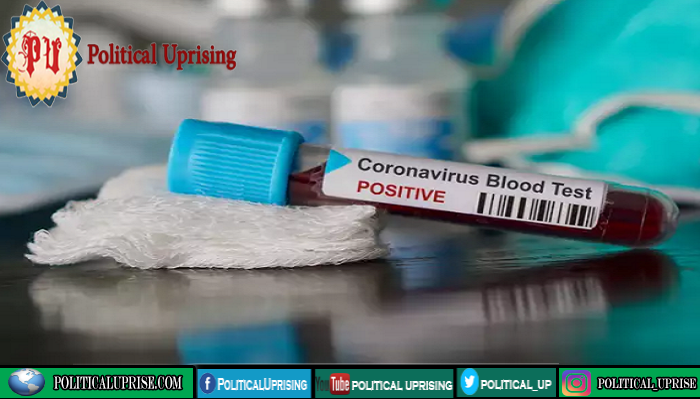COVID patients blood thickening and clotting detected in different organs, New York doctors are now trying new treatments.
Signs of blood thickening and clotting detected in different organs of patients
As the novel coronavirus spread through New York City in late March, doctors at Mount Sinai Hospital noticed something strange happening to patients’ blood.
Signs of blood thickening and clotting were being detected in different organs by doctors from different specialties.
This would turn out to be one of the alarming ways the virus ravages the body, as doctors there and elsewhere were starting to realise.
At Mount Sinai, nephrologists noticed kidney dialysis catheters getting plugged with clots.Pulmonologists monitoring COVID-19 patients on mechanical ventilators could see portions of lungs were oddly bloodless.
Coronavirus cases surge among homeless shelter population in Washington
Neurosurgeons confronted a surge in their usual caseload of strokes due to blood clots, the age of victims skewing younger, with at least half testing positive for the virus.
“It’s very striking how much this disease causes clots to form,” Dr. J Mocco, a Mount Sinai neurosurgeon, said in an interview, describing how some doctors think COVID-19, the illness caused by the coronavirus, is more than a lung disease.
In some cases, Mocco said, a stroke was a young patient’s first symptom of COVID-19.
As colleagues from various specialties pooled their observations,they developed a new treatment protocol. Patients now receive high doses of a blood-thinning drug even before any evidence of clotting appears.
“Maybe, just maybe, if you prevent the clotting, you can make the disease less severe,” said Dr David Reich, the hospital president.The new protocol will not be used on certain high-risk patients because blood thinners can lead to bleeding in the brain and other organs.
In the three weeks beginning mid-March, Mocco saw 32 stroke patients with large blood blockages in the brain, double the usual number for that period.
Tension simmers between Trump and governors over coronavirus testing
Five were unusually young, under age 49, with no obvious risk factors for strokes, “which is crazy,” he said. “Very, very atypical.” The youngest was only 31.



